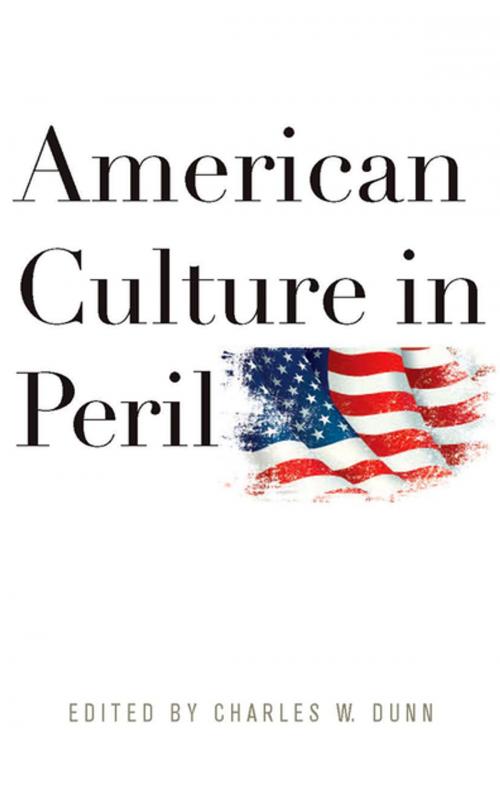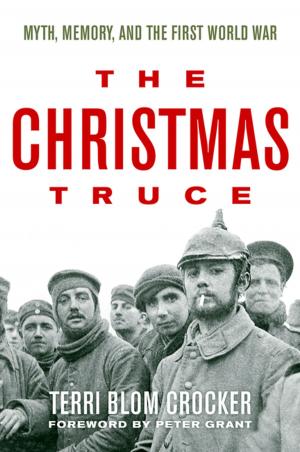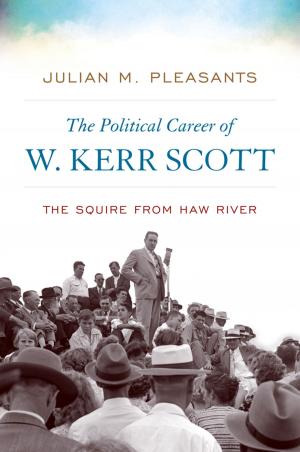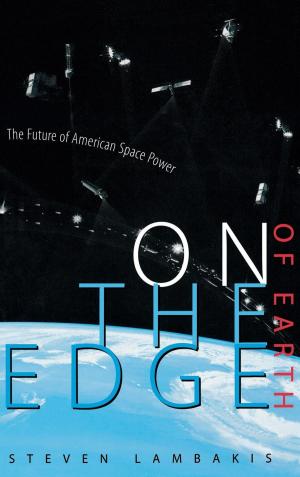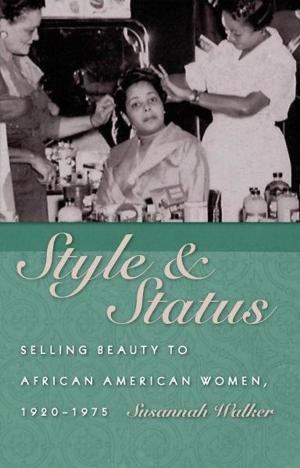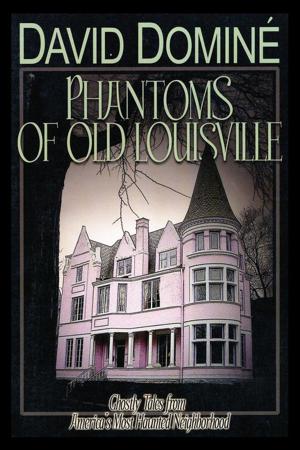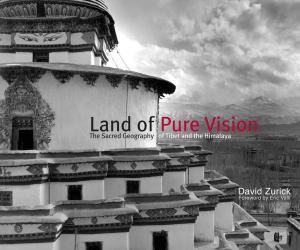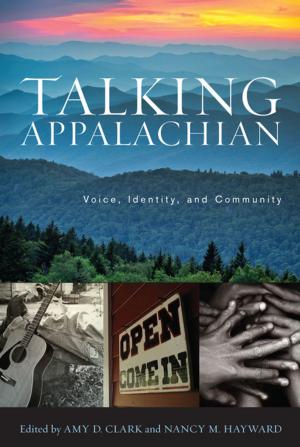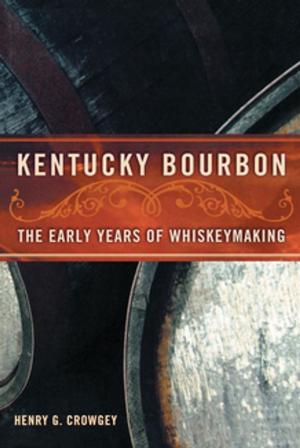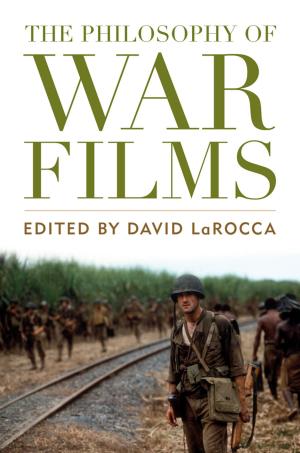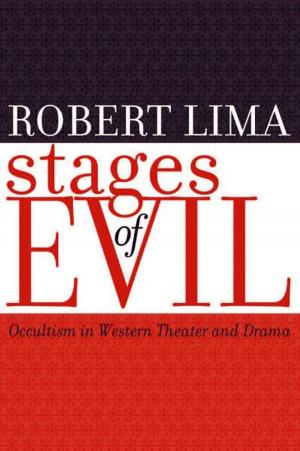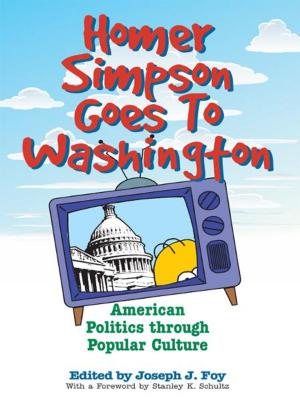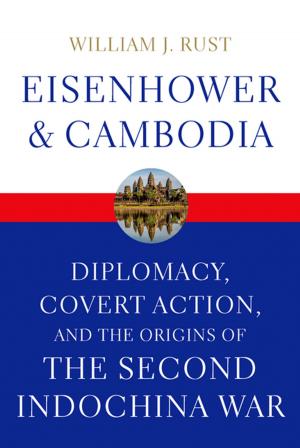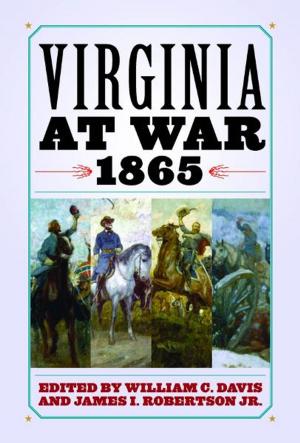| Author: | Charles R. Kesler, Hadley P. Arkes, Paul A. Cantor, Allan Carlson, Jean Bethke Elshtain, Ken Myers, Wilfred M. McClay | ISBN: | 9780813140650 |
| Publisher: | The University Press of Kentucky | Publication: | March 21, 2012 |
| Imprint: | The University Press of Kentucky | Language: | English |
| Author: | Charles R. Kesler, Hadley P. Arkes, Paul A. Cantor, Allan Carlson, Jean Bethke Elshtain, Ken Myers, Wilfred M. McClay |
| ISBN: | 9780813140650 |
| Publisher: | The University Press of Kentucky |
| Publication: | March 21, 2012 |
| Imprint: | The University Press of Kentucky |
| Language: | English |
Thirty years ago, Ronald Reagan rode a wave of patriotism to the White House by calling for a return to what he considered to be traditional American values--personal liberty, free markets, and limited government. After the cultural struggles and generational clashes of the 1960s and 70s, it appeared that many Americans were eager to abide by Reagan's set of core American principles. Yet, despite Reagan's continuing popularity, modern America remains widely perceived as a nation weakened by its divisions. While debates over cultural values have been common throughout the country's history, they seem particularly vitriolic today. Some argue that these differences have resulted in a perpetually gridlocked government caught between left and right, red states and blue. Since the American Founding, commonly shared cultural values have been considered to be the glue that would bind the nation's citizens together. However, how do we identify, define and interpret the foundations of American culture in a profoundly divided, pluralistic country?
In American Culture in Peril, Charles W. Dunn assembles top scholars and public intellectuals to examine Reagan's impact on American culture in the twenty-first century. The contributors assess topics vital to our conversations about American culture and society, including changing views of the family, the impact of popular culture, and the evolving relationship between religion, communities, and the state. Others investigate modern liberalism and the possibilities of reclaiming a renewed conservatism today. American Culture in Peril illuminates Reagan's powerful legacy and investigates whether his traditional view of American culture can successfully compete in postmodern America.
Contributors
Hadley Arkes
Paul A. Cantor
Allan Carlson
Jean Bethke Elshtain
Charles R. Kesler
Wilfred M. McClay
Ken Myers
Thirty years ago, Ronald Reagan rode a wave of patriotism to the White House by calling for a return to what he considered to be traditional American values--personal liberty, free markets, and limited government. After the cultural struggles and generational clashes of the 1960s and 70s, it appeared that many Americans were eager to abide by Reagan's set of core American principles. Yet, despite Reagan's continuing popularity, modern America remains widely perceived as a nation weakened by its divisions. While debates over cultural values have been common throughout the country's history, they seem particularly vitriolic today. Some argue that these differences have resulted in a perpetually gridlocked government caught between left and right, red states and blue. Since the American Founding, commonly shared cultural values have been considered to be the glue that would bind the nation's citizens together. However, how do we identify, define and interpret the foundations of American culture in a profoundly divided, pluralistic country?
In American Culture in Peril, Charles W. Dunn assembles top scholars and public intellectuals to examine Reagan's impact on American culture in the twenty-first century. The contributors assess topics vital to our conversations about American culture and society, including changing views of the family, the impact of popular culture, and the evolving relationship between religion, communities, and the state. Others investigate modern liberalism and the possibilities of reclaiming a renewed conservatism today. American Culture in Peril illuminates Reagan's powerful legacy and investigates whether his traditional view of American culture can successfully compete in postmodern America.
Contributors
Hadley Arkes
Paul A. Cantor
Allan Carlson
Jean Bethke Elshtain
Charles R. Kesler
Wilfred M. McClay
Ken Myers
